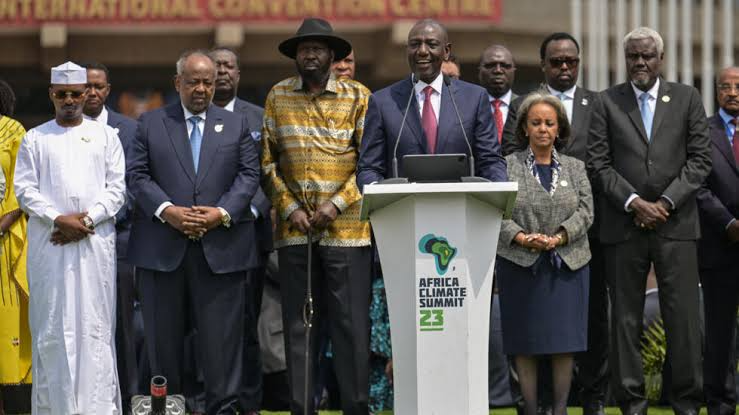By Oforiwaa Darko
“No country should ever have to choose between development aspirations and climate action,” the final document read. The declaration will form the basis of Africa’s negotiating position at November’s COP 28 summit.
The maiden Africa Climate Summit ended on Wednesday with a call for world leaders to back global taxes to fund climate action. The “Nairobi Declaration” also calls for financial reforms to help African countries.
Africa is not only the cradle of humanity, it is indeed the future,” said Kenyan President William Ruto, host of the inaugural Africa Climate Summit.
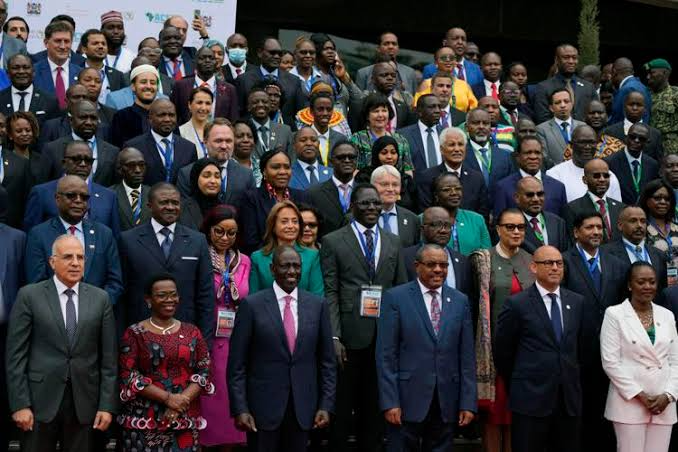
Global carbon taxes
The declaration calls on the biggest emitters of greenhouse gases and its richest countries to keep their promises, noting, in particular, an unfulfilled pledge of $100 billion in annual climate finance to developing nations made 14 years ago.
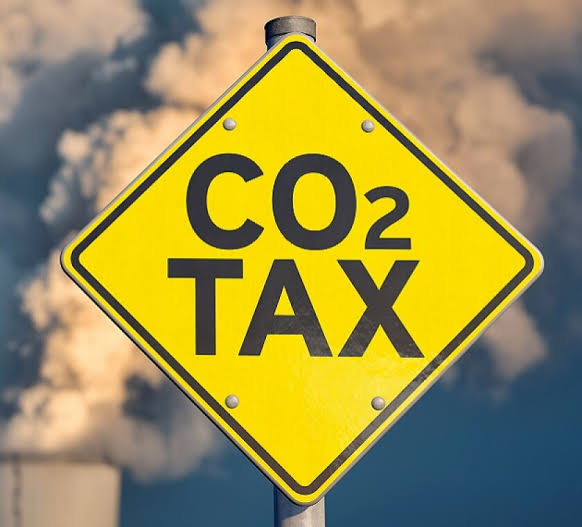
It urged world leaders “to rally behind the proposal for a global carbon taxation regime, including a carbon tax on fossil fuel trade, maritime transport, and aviation, that may also be augmented by a global financial transaction tax”.
Carbon Tax
Under a carbon tax, the Centre for Climate and Energy Solutions explains that the government sets a price that emitters must pay for each ton of greenhouse gas emissions they emit. Businesses and consumers will take steps, such as switching fuels or adopting new technologies, to reduce their emissions to avoid paying the tax.

A carbon tax differs from a cap-and-trade program in that it provides a higher level of certainty about cost but not about the level of emission reduction to be achieved.
Financial reforms
Africa only receives about 12% of the financing it needs to cope, according to researchers, despite suffering from some of the worst impacts of climate change.
Now, African countries say this trend is leading to recurrent debt crises and preventing them from spending more to respond to climate change. This is because they are forced to pay borrowing costs that are much higher than wealthy countries, that are mostly the major emitters of greenhouse gases.
The declaration therefore seeks to reform a global financial system that forces African nations to pay more to borrow money and calls for the continent’s vast mineral wealth to be harnessed in Africa.
Financing for green growth
Efforts at the summit to scale up investment in renewable energy were given a boost as the Africa Development Bank (AfDB) announced $23bn in financing for green growth, mitigation, and adaptation efforts to the Africa Climate Fund for the next 27 years.
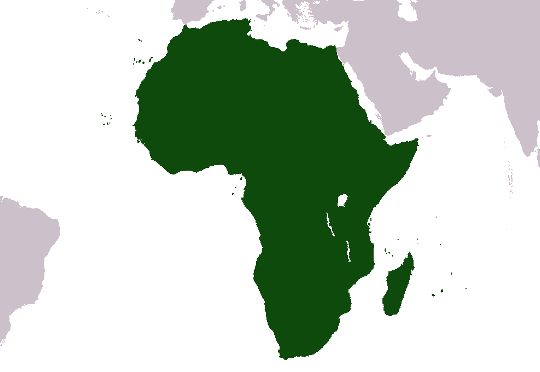
The UAE also pledged $4.5 billion, while Germany committed $482.31m to help with the development of green energy infrastructure.
Funding pledges for the continent reached $23 billion at the first-ever climate summit held in Africa.
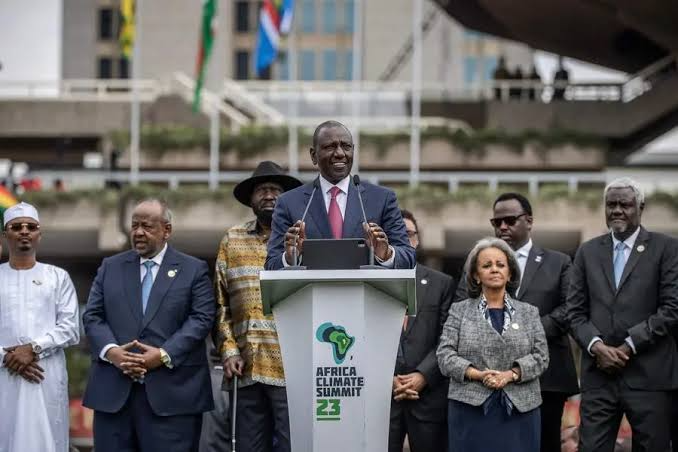
Analysts say a united African voice could generate momentum for a series of key gatherings, including the G20 meeting in New Delhi this weekend, ahead of a crunch UN climate summit starting in November.

